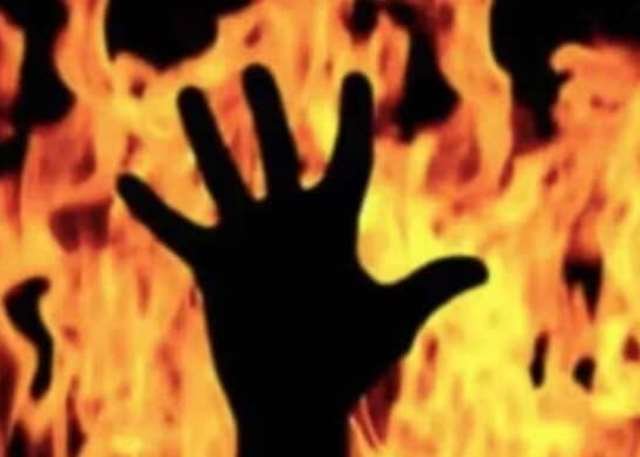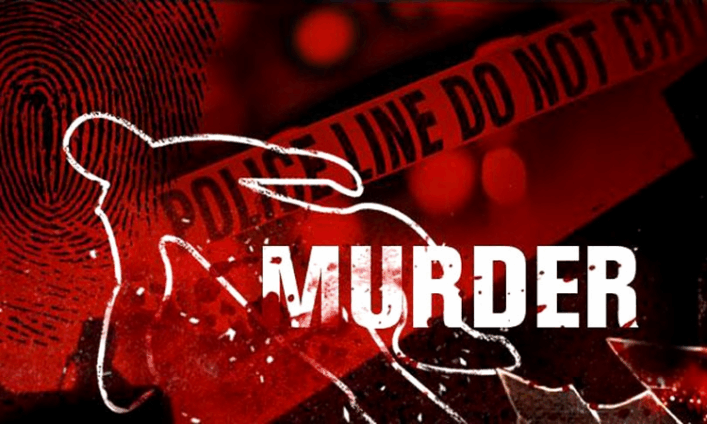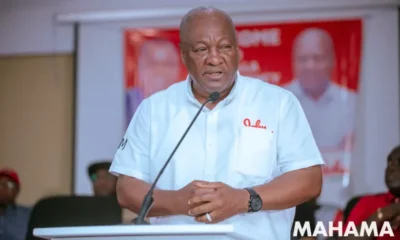News
NHIA Director K!lled in Bawku Conflict: Nation in Shock
Published
7 months agoon
By
M N Ridwan
A tragic and horrifying incident has rocked Ghana’s Upper East Region as the District Director of the Bongo National Health Insurance Authority (NHIA), Mohammed Seidu Akugri, was brutally k!lled and his body set on fire by unknown attackers.
The gruesome killing happened near Nagode, a small community close to Bolgatanga. Reports say Mr. Akugri was ambushed, murdered, and his body burnt before the attackers fled the scene. The motive remains unclear, but the brutality has left the entire region in shock.
The murder is believed to be linked to the long-standing Bawku conflict, which has seen waves of ethnic and chieftaincy-related violence over the years. However, this recent attack signals a disturbing turn—one where public servants and key officials are now being targeted.
Security experts warn this could be a deliberate attempt to spread fear, disrupt essential services, and further destabilize the area. “Targeting civil servants like Mr. Akugri shows how dangerous and unpredictable the situation has become,” one analyst noted.

The Upper East Regional Police Command has launched an urgent investigation and manhunt for those behind the attack. Authorities are calling on the public to remain calm and assist with any helpful information.
Many people across Ghana are mourning Mr. Akugri’s death, describing him as a committed public servant who worked hard to improve access to healthcare through the NHIA.
There is also growing concern about the safety of government workers and health officials operating in areas affected by the Bawku unrest. Residents and community leaders are urging the government to act swiftly to prevent more bloodshed.
This killing is one of the most high-profile incidents linked to the conflict in recent times and has renewed calls for a peaceful and lasting resolution to the crisis in Bawku and surrounding areas.
Authorities and community leaders are being asked to increase dialogue, security, and protection for workers on the frontlines—before more lives are lost.











